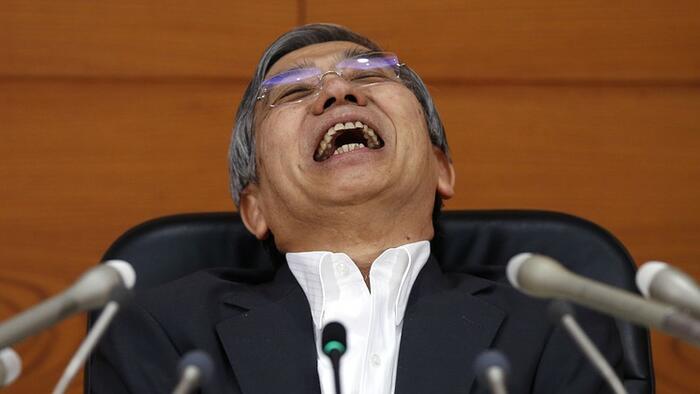In the current climate of the US stock market reaching new heights, investors are understandably on edge, seeking potential threats to the continuing bull run. However, the common concerns regarding a possible US recession, persistent inflation issues, lackluster stimulus actions in China, or the sluggish state of the European economy may be misdirected. According to Dhaval Joshi, chief strategist at BCA Research, these traditional fears pale in comparison to what could emerge from Japan, highlighting the nation as a critical area of concern for the stability of the bullish trajectory of US markets.
Japan’s economic dynamics have the potential to ripple through the global economy, particularly due to its significant role as a major player in international markets. Current developments in Japan can influence currency fluctuations, trade relationships, and investor sentiment beyond its borders. As the Japanese economy grapples with challenges such as demographic decline and stagnant growth, the potential for disruptive events or policy missteps could cascade into larger ramifications for global stock markets, primarily affecting investor outlook and confidence in the continuity of the bull market.
One of the primary factors that raise flags about Japan’s economy is its prolonged battle with deflationary pressures and a lack of robust economic growth. Despite aggressive monetary policies implemented by the Bank of Japan, the efficacy of these measures in stimulating sustainable economic recovery remains questionable. This stagnation can lead to increased volatility in global financial markets, especially when coupled with shifts in Japanese monetary policy that could unsettle investors’ confidence in how the central bank navigates these economic challenges.
Moreover, Japan’s extensive debt burden poses an additional threat to market stability. With national debt levels soaring, the effectiveness of economic policy and financial stability is increasingly called into question. If Japan faces any fiscal emergencies or if its debt comes under scrutiny, it could provoke drastic shifts in market sentiment, causing direct ramifications in global investments and leading to increased risk aversion among investors. As they reassess their positions in light of developments originating from Japan, the ripple effects could endanger the health of the bull market in the US.
Additionally, a significant aspect to consider is the interconnectedness of global economies in our present economic climate. Japan’s challenges are not isolated; they can spur re-evaluations in various sectors worldwide. As investors continuously monitor the state of Japan’s economy, any negative signals might trigger a global reassessment of risk and valuation metrics in assets, including equities, bonds, and other financial instruments. This global risk-off sentiment could weaken the support for the ongoing bull market, making markets more susceptible to instabilities from outside the usual parameters.
In conclusion, while many investors focus on domestic issues or the common stereotypes of global economic threats, the actual risk pivoting from Japan is one that warrants serious attention. Understanding the intricate relationships and dependencies that exist between economies is crucial. Therefore, monitoring Japan’s economic landscape and anticipating how its challenges might resonate through global financial markets could be imperative for investors seeking to safeguard their interests against potential downturns affecting the bull market in the US.

